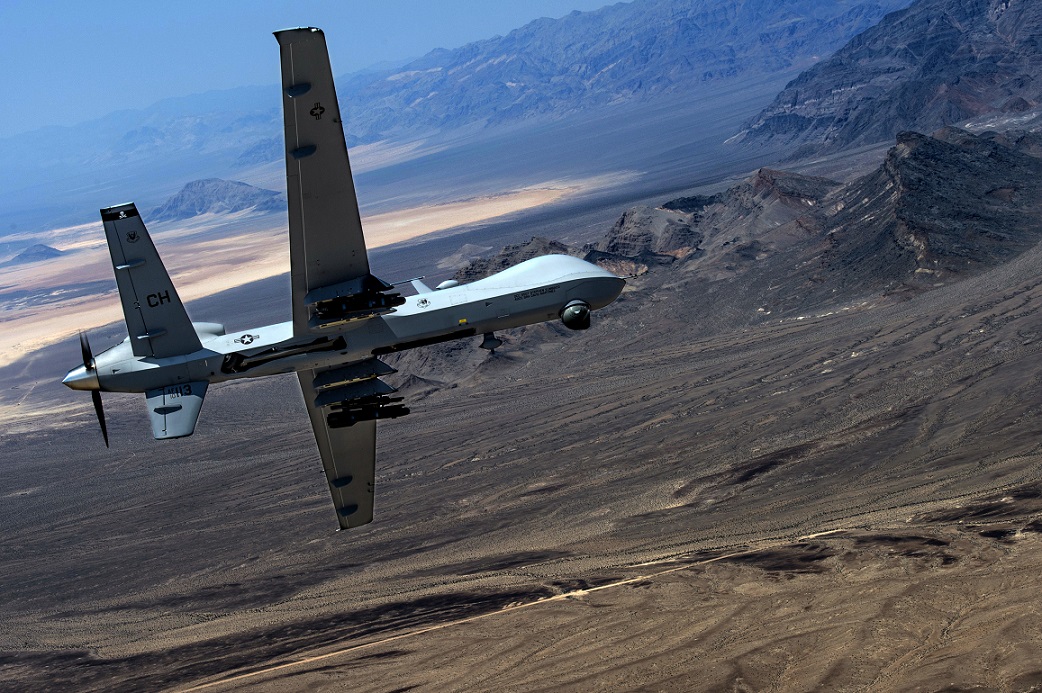
This post is also available in:
 עברית (Hebrew)
עברית (Hebrew)
Belgium will purchase from the US advanced drones, a deal that could be worth about $600 million. Belgium will use the drones for domestic security and to increase interoperability with NATO allies, seeing that its current fleet of aircraft have proven insufficient to support sustained and persistent ISR operations.
The deal would include four MQ-9B Sky Guardian drones, two ground stations, five AN/DAS-4 multispectral targeting systems, 15 embedded GPS/inertial navigation systems, five AN/APY-8 Lynx synthetic aperture radars, and five detect-and-avoid systems.
The US Senate is almost certain to approve the sale of the MQ-9B to Belgium, which is a member of NATO. At that point, negotiations will formally begin, and final quantities and prices may change during that process, as reported by defensenews.com.
The Sky Guardian was developed by General Atomics as a version of the MQ-9 Reaper that could fly though civil airspace in the U.S. and Europe without special permission from the U.S. Federal Aviation Administration or NATO. The company touts the aircraft as having a longer endurance and life span compared to the Block 5 Reaper.
Belgium announced its plan to buy the Sky Guardian last year, around the same time it declared its intent to buy Lockheed Martin’s F-35 Joint Strike Fighter. This all-in decision to pursue U.S. equipment stands in stark contrast to Germany, which decided against the F-35 as well as the Sky Guardian.
“The proposed sale will enable the Belgian Air Component to conduct persistent and wide area ISR, including target acquisition, target designation, providing precision coordinates for Global Positioning System (GPS)-aided munitions, battle damage assessment, signal intelligence, communication, and data relays,” according to DSCA.

























